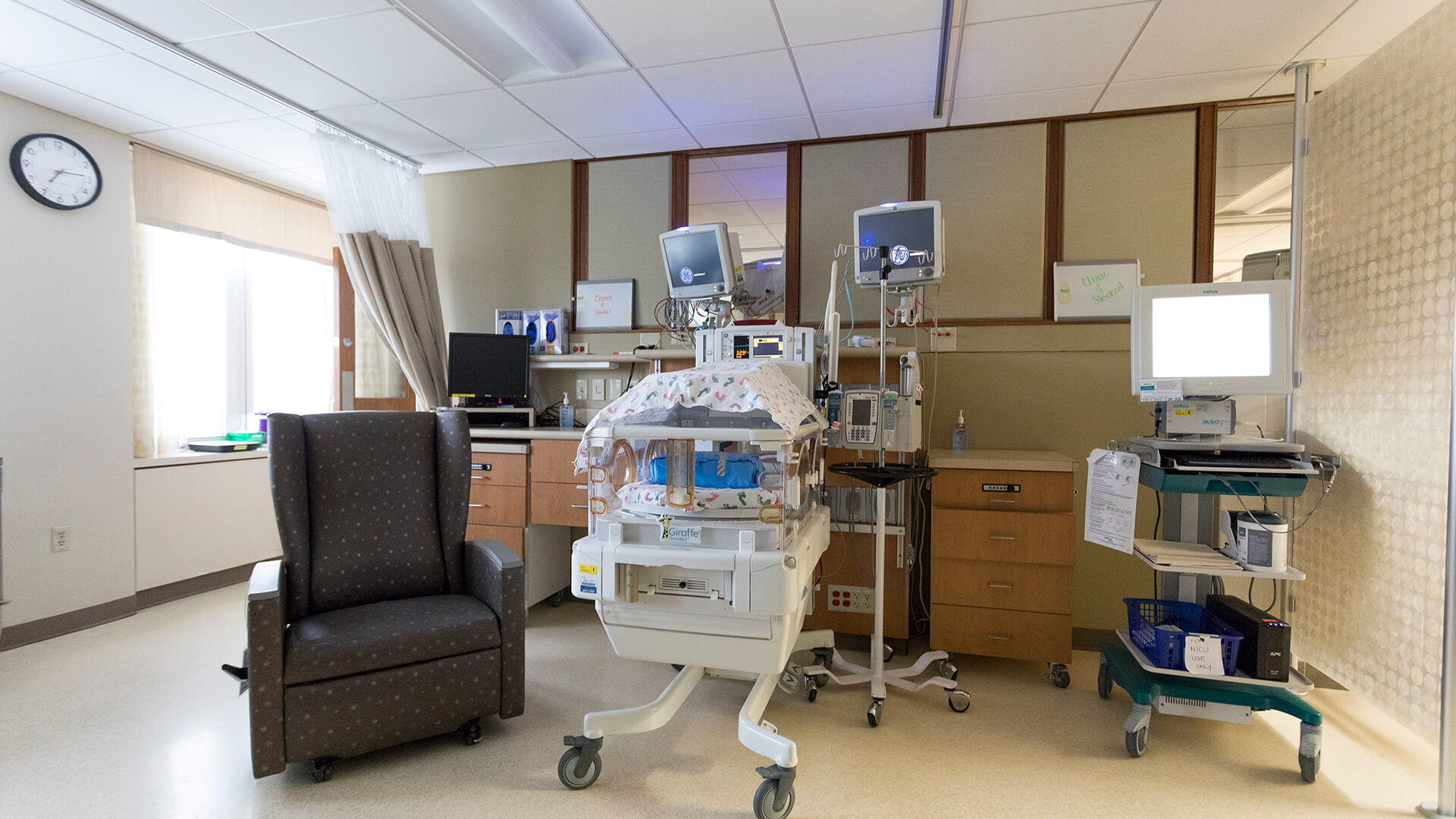Our NICU is the first and longest-serving NICU in the Greater Green Bay community, serving patients and families from across Northeast Wisconsin, the Lakeshore and the Upper Peninsula of Michigan. For more than 50 years, we’ve had the dedication, expertise and technology needed to care for the most critical babies. Today, our neonatologists, nurses and other providers and staff there provide patients a combined 840 years of neonatal intensive care experience.
Inside our NICU, we provide immediate, 24/7 care for infants born too early, with low birth weights, with congenital birth defects or unanticipated difficulties that may happen during delivery. If the unexpected happens, rest assured you and your baby are in the best of hands.
To learn more about the NICU, call 920-433-8360.


